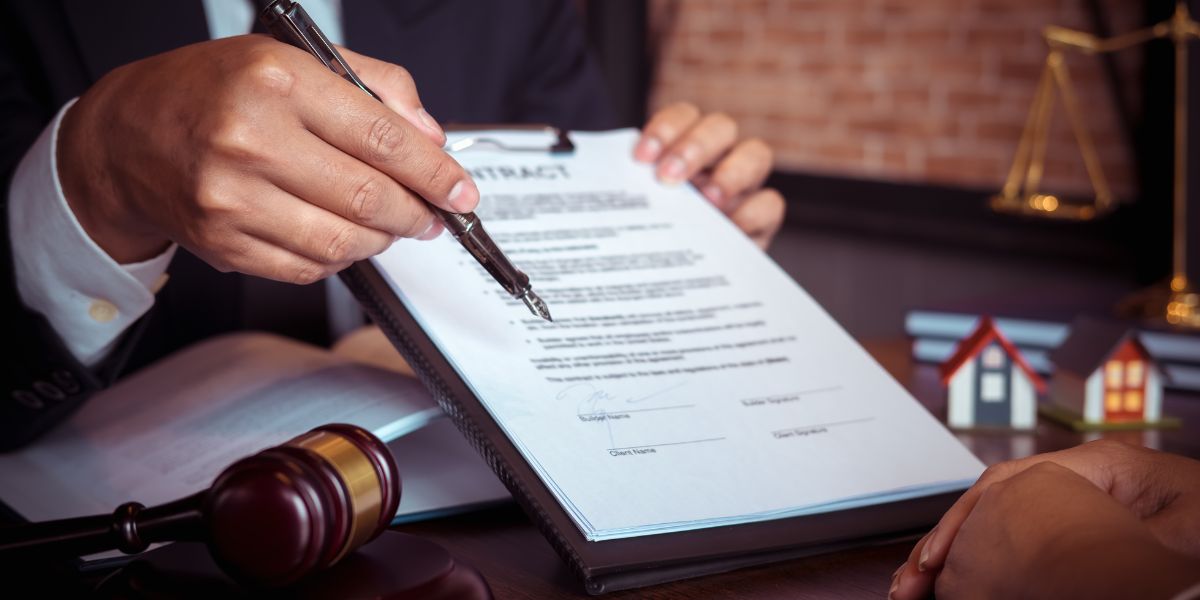Real Estate Attorney for Closing: Why You Need One for a Smooth Property Deal
Buying or selling a property is one of the most significant financial transactions most people will ever make. While real estate agents play a major role in the process, the closing phase is where things can get legally complex. That’s where a real estate attorney for closing becomes essential.
A skilled real estate lawyer ensures that the transaction is legally sound, the paperwork is accurate, and your interests are fully protected from contract to closing.
What Is a Real Estate Closing?
A real estate closing is the final step in the home buying or selling process, where ownership of the property officially transfers from the seller to the buyer. This is when all legal documents are signed, funds are transferred, and the deed is recorded with the local government.
While it may seem like just paperwork, there are many legal pitfalls that can arise, including:
Title defects
Zoning issues
Contract disputes
Lien or tax complications
Errors in the deed
Problems with mortgage documents
Having a real estate attorney at closing helps you avoid these problems and ensures that your transaction is legal and binding.
What Does a Real Estate Attorney Do During Closing?
A real estate attorney acts as your legal advisor throughout the closing process. Their responsibilities include:
Contract Review and Drafting
The attorney reviews or prepares the purchase agreement, ensuring it includes all necessary terms and conditions to protect your interests.
Title Search and Insurance
They perform or review a title search to make sure the property is free from legal issues like liens or disputes and ensure proper title insurance is in place.
Document Preparation and Review
Your lawyer checks all closing documents—including the deed, loan agreement, and disclosure forms—to make sure everything is accurate and compliant with state laws.
Legal Representation at Closing
During the actual closing meeting, your attorney will be present to explain legal documents, answer questions, and handle any last-minute issues.
Recording and Finalizing
After closing, your lawyer ensures that the deed and mortgage documents are properly filed with the county recorder’s office.
Is a Real Estate Attorney Required at Closing?
Whether or not an attorney is legally required at closing depends on the state:
States where attorneys are required: New York, New Jersey, Massachusetts, Georgia, South Carolina, and others mandate attorney involvement in closings.
States where attorneys are optional: In states like California or Texas, attorneys aren’t required, but many people still hire one for protection.
Even if not legally required, hiring a real estate lawyer can give you peace of mind—especially if the transaction involves:
Complex contract terms
Commercial property
New construction
Out-of-state buyers or sellers
Issues with the property title or ownership
How Much Does a Real Estate Attorney Cost?
The cost of a real estate attorney varies by location and the complexity of the transaction. Common pricing structures include:
Flat fee: Ranges from $500 to $1,500 for standard residential closings.
Hourly rate: Between $150 to $400 per hour for more complex matters.
This is a small investment when you consider the financial risks involved in real estate transactions.
How to Choose the Right Real Estate Attorney for Closing
When hiring a lawyer, look for:
Experience in real estate law
Good reputation and reviews
Transparent pricing
Local knowledge of property laws and regulations
Strong communication skills
Always schedule a consultation to ensure you’re comfortable with the lawyer’s approach and expertise.
Conclusion
Closing on a property without a legal expert by your side is like navigating a minefield without a map. A real estate attorney for closing not only protects your legal rights but ensures the entire process goes smoothly—from initial contract to final signature.
Whether you’re buying your first home, investing in commercial property, or selling real estate, partnering with a qualified attorney can help you avoid costly mistakes and give you confidence every step of the way.






